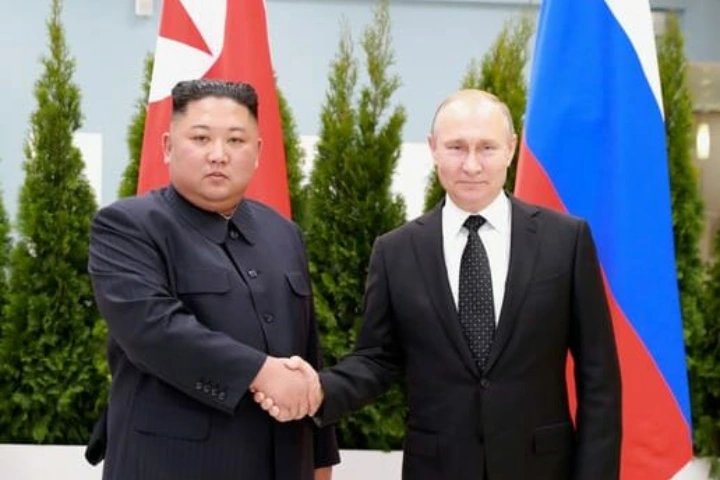Did North Korea provide missiles and ammunition to Russia in exchange for $9 million of its money frozen in Russian banks due to international sanctions? Western intelligence sources told The New York Times they have evidence to substantiate this claim.
They say the missiles and ammunition helped Russia overcome gaps in its inventory for use in Ukraine. The money helped Pyongyang buy crude oil.
More such deals could be in the offing given that the latter still has around $21 million of its funds in Russian banks, and there’s no sign of any end to the Ukraine war. The NYT report noted that a North Korean front company recently opened an account at a Russian bank in South Ossetia, a self-proclaimed independent state in the Caucasus, considered close to Moscow.
The account will help the North get access to financial networks at a time when sanctions have frozen it out of the international system. It will help leverage the Russian connection to deal with a handful of countries like Turkey and South Africa, that still trade with Russia despite sanctions.
The key question worrying Western intelligence is whether and what military technology Russia may have given the North Koreans. They have no doubt the North is seeking advanced military hardware including satellite technology and nuclear-powered submarines.
The sources told NYT that the Russian leader may prefer giving the North financial access rather than military equipment. North Korean media recently reported that President Putin may visit Pyongyang soon, his first trip there in nearly 25 years.
But the North Korean leadership is not trusted and Moscow would also be mindful of UN sanctions given that it is a member of the P-5. That is probably why the North Korean bank account is with a private Russian entity, giving Moscow some element of deniability.
(The story is being republished courtesy StratNews Global)




















